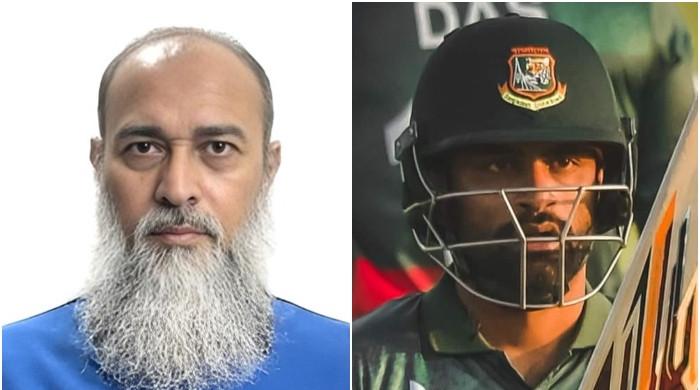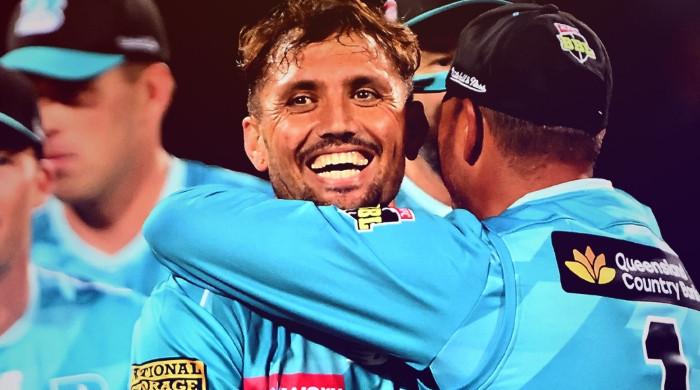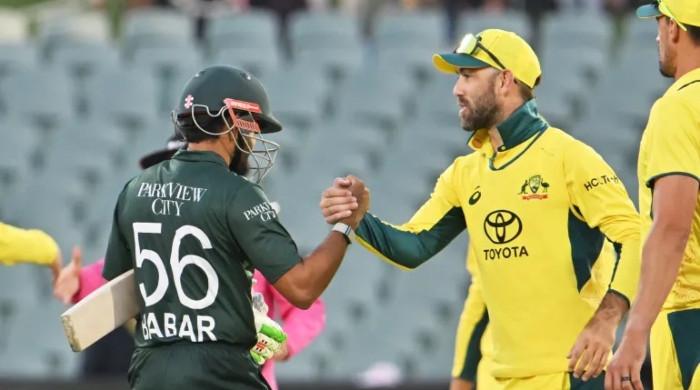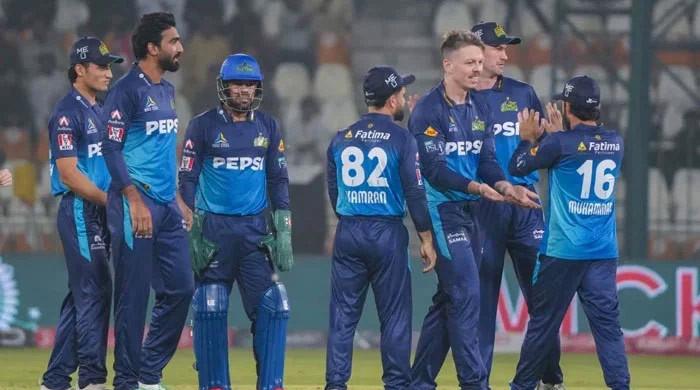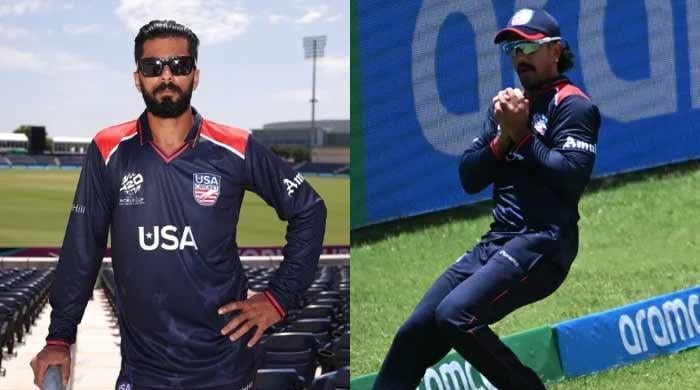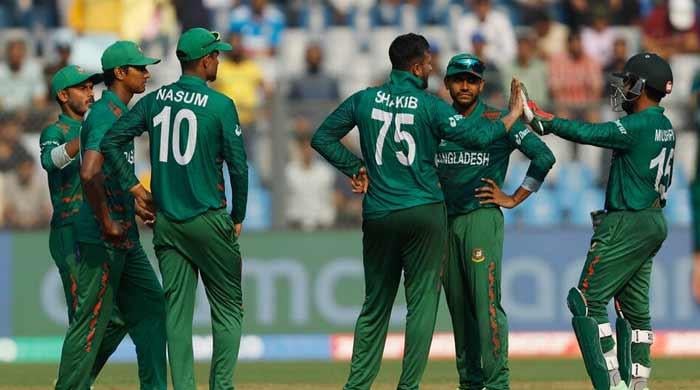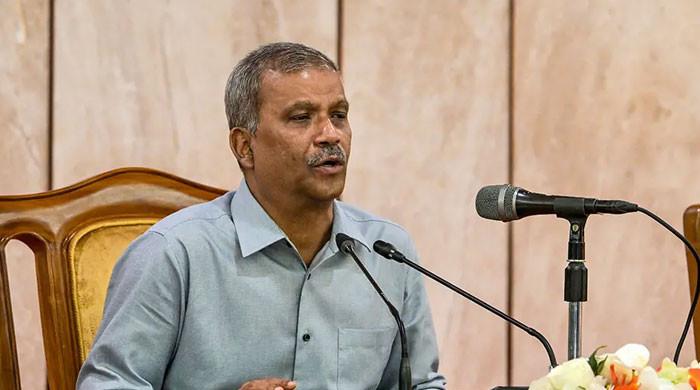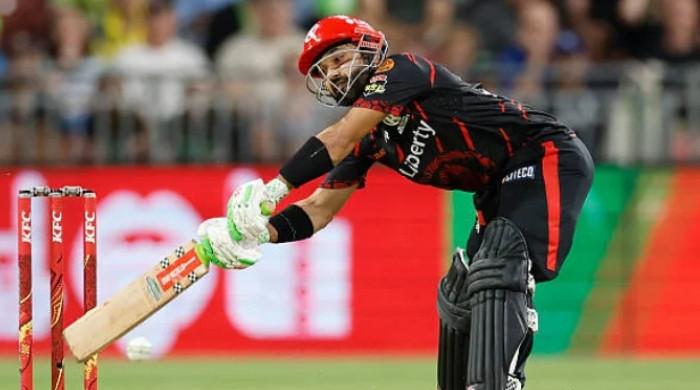ICC makes tweaks to playing conditions across all formats
New changes will come into effect from July 2
June 26, 2025
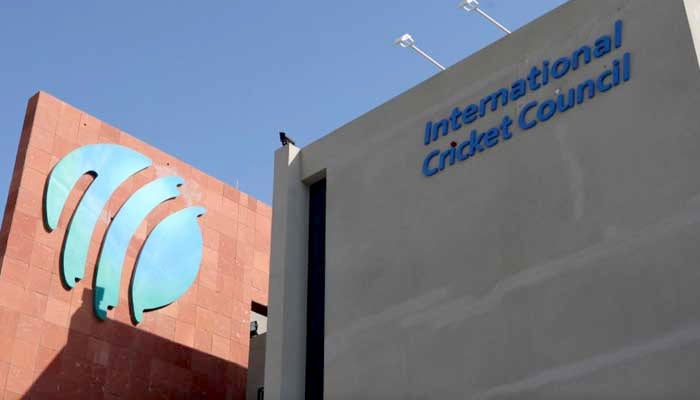
The International Cricket Council (ICC) has introduced revisions to the playing conditions for men’s international cricket, with the changes applicable across all three formats — Tests, One Day Internationals (ODIs), and Twenty20 Internationals (T20Is).
Among the most notable revisions are the formal implementation of the stop clock regulation and updated procedures for the Decision Review System (DRS).
Stop clock
After its introduction in limited-overs formats, the stop clock will now be used in Test cricket to tackle slow over rates. Fielding teams must be ready to start a new over within 60 seconds of the previous one ending.
Umpires will issue two warnings before penalising the bowling side with five runs for each subsequent violation.
Warnings will reset every 80 overs, and the countdown will be displayed from 0 to 60 seconds. This rule is already active in the ongoing WTC cycle.
Revised saliva rule
Although the ban on using saliva to shine the ball remains, umpires are no longer required to change the ball immediately if saliva is applied.
This adjustment aims to deter teams from deliberately using saliva to manipulate ball changes. The umpires will now assess whether the condition of the ball has significantly changed—if not, play will continue.
However, if the ball subsequently behaves unusually and it’s deemed the saliva didn’t alter its condition, the batting team will be awarded five runs, but the ball won’t be replaced.
DRS
Previously, if a batter was given out caught and the review showed no bat involved, the secondary mode of dismissal (e.g., lbw) would automatically default to "not out" in DRS.
Now, the protocol has changed. If ball-tracking shows an "umpire's call" on an lbw check after the initial caught decision is overturned, the batter will still be declared out, as the original decision was "out."
In instances involving multiple types of appeals (e.g., lbw and run-out), reviews will now be processed in the order the events occurred. Previously, umpire reviews were prioritised over player reviews.
Under the new rule, if the first incident leads to a dismissal, the ball is considered dead, and the second incident will not be reviewed. This ensures a fair and consistent review process.
If a no-ball is called while a catch is being debated, the fairness of the catch will now still be reviewed by the TV umpire. If it’s a clean catch, the batting side will only receive the no-ball run. If the catch is deemed not fair, they’ll be awarded any runs completed.
Stricter penalties for deliberate short runs
The ICC has reinforced its stance on deliberate short runs. In addition to a five-run penalty, umpires will now give the fielding captain the choice of which batter stays on strike if one of the batters is found to have deliberately failed to make their ground to gain an extra run.
The definition of a deliberate short run is clearly stated under Rule 18.5.1.
"A deliberate short run is an attempt for batters to appear to run more than one run, while at least one batter deliberately does not make good their ground at one end," Rule 18.5.1 of the playing conditions says.
"Batters may choose to abort a run, provided the umpire believes that there was no intention by the batter concerned to deceive the umpires or to score the run in which they didn't make their ground."
To address injuries caused by external forces, the ICC has encouraged member boards to trial full-time player replacements in domestic first-class matches. The substitute must be a like-for-like replacement, similar to concussion substitutes.
The injury must be visible and verified by match officials. This rule will not apply to soft-tissue injuries like hamstring pulls or minor strains and will be implemented on a trial basis at the discretion of individual boards.




